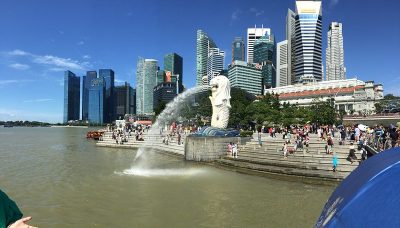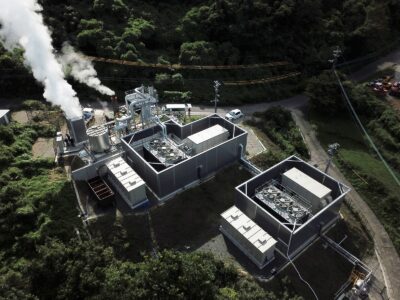Balancing indigenous culture in geothermal development
A PhD study in New Zealand seeks to create comprehensive set of indicators of sustainability, including cultural indicators acknowledging indigenous group interests and environmental, societal and economic elements.
As part of the first ever New Zealand Geothermal Week held in July of this year, engineering student Nona Taute shared findings of his research on cultural balance in geothermal exploitation.
A Doctoral candidate at the University of Auckland he is researching the connection between M?ori communities and geothermal resources to find out how engineers, scientists and decision makers can effectively integrate Maori values into geothermal engineering.
We have previously reported on the experiences of the indigenous Maori in geothermal energy development in New Zealand and a project where that experience has been shared with indigenous Masaai in Kenya.
While today, Maori are heavily involved in the utilisation of geothermal energy in New Zealand either as developers and operators or as shareholders in operations. Yet the experience has not always been that positive, as described in the article by Stuff.
Learning from history seems to be a key element, according to Nona Taute. With the work on his PhD thesis, he is seeking the development of an impact assessment method acknowledging traditional Maori knowledge, including records of the geothermal history.
Building upon on a framework developed by Dr. Kepa Morgan in 2006 with details published in this article of 2010 at the GRC Annual Meeting (document available here, pdf) he proposes adaptations, which he presented last month.
The geothermal development model introduced by Dr. Kepa Morgan seeks to “meet both governmental consenting requirements and also accounts for Maori obligations”. The main goal is a model that “integrates geothermal science, engineering, appropriate governance and management systems with investment opportunities all underpinned by kaitiakitanga and indigenous Maori knowledge.”
With adaptations to the model by Morgan, Taute developed a “comprehensive set of indicators of sustainability – including cultural indicators acknowledging Maori interests, and environmental, societal and economic – and considering their level of mauri (life force), represented by a scale at the top of which it is enhanced, while at the bottom it is denigrated.”
Any evolvement of the project and work can be measured indicating the impact a project has. The hope is that the study presented by him can help speed up impact assessment processes for geothermal projects in the Taupo Volcanic Zone in New Zealand … and likely with a potential impact for other indigenous groups outside of New Zealand.
For the full article and further details see link below.
Source: Stuff.co.nz


















